It’s been a while since the last localization roundup, so there’s a lot of stuff to cover in this one!
1. Recent Image Hodgepodge
I’m always collecting new images day in and day out. Here are a few random ones from the past few days!2. A Legendary Visual Novel Gets Translated
428: Shibuya Scramble is a famous Japanese visual novel that I’ve heard is “impossible to translate”. But it’s finally getting an official localization handled by the equally legendary Kajiya Productions.If you’ve never heard of this game before, the localization director shared some insight about it and its translation challenges in an interview here.
3. Fan Outrage in Other Languages
We often hear about English-speaking fans causing a ruckus about inaccurate translations, but the phenomenon absolutely happens in every language in every place in the world. For example, Korean super-fans of the Avengers series have been critical of the translator’s work – even starting a petition to get the translator fired.This reminds me of when Lord of the Rings fans in Japan were angry with how the first movie was translated back in 2002 or so. I dug up an old article about that here – it’s super-interesting stuff and is actually a topic I’ve been quietly researching in the background for future projects. And if you’re interested in some specifics about the Lord of the Rings translation, see here.
4. Trying to Localize Games for the Chinese Market
There’s an interesting article on Slator about the potential of localizing games for Chinese gamers, the challenges of breaking into the Chinese market, and how game clones pop up before localizations even enter the market.It’s a bit jargon-heavy and aimed more at industry members than general audiences, but you can read the article here.
5. A Trick to Ironing out International Localization Problems
When a team develops a game, they probably develop it with a single target language at first. So when it comes time to translate the game into other languages, the developers are often blind to technical problems that pop up. Here are some common examples of what I mean:Anyway, there’s a recent Gamasutra article that discusses a way that developers can try to avoid these problems well in advance by producing “pseudo-localizations” – basically a type of artificial nonsense text using foreign characters and rules of thumb.
This article is more of an industry-oriented write-up than a general audience post, but it’s still pretty neat stuff.
6. Disgaea 5 Demo Pulled from Steam
I’ve heard conflicting stories about this, but apparently the recent Disgaea 5 demo allowed people to access the full game or parts of the game that weren’t meant to be playable in the demo. As a result, NIS America pulled the demo off of Steam and changed the full game’s release date to something vague. There are more details here.Normally, I wouldn’t have posted this story here, but it’s strangely similar to just a few weeks ago when the Yakuza 6 demo accidentally let people play through the entire game instead of just one tiny fraction of it. That demo was quickly removed from the online store too. I wonder how common this problem has been with big-name titles over the years and if it’s become more common over time.
7. Unreleased Seiken Densetsu 1 Ads
I was going through my old Japanese magazines for some article research when I stumbled upon two ads for Seiken Densetsu for the Famicom. The game never got released on the Famicom though! Instead, the game was cancelled and a completely different Seiken Densetsu (known as Final Fantasy Adventure in North America) appeared on the Game Boy.Anyway, I’m sure these ads are already well-known among fans, but I thought I’d share them anyway just in case they help someone somewhere someday!
I wonder what happened to this game and how much of it was completed if they were already placing full-page ads like this in big magazines.
I actually have a lot more to share, but I think I’ll save it for the next roundup. If you find anything that’d be a good match for a roundup update, let me know in the comments!
If you liked this article, check out these ones too - they cover lots of other light topics all in one shot.


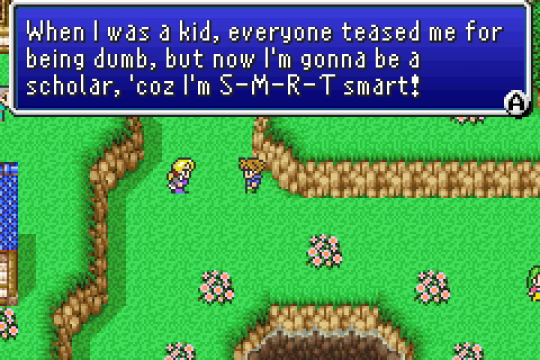

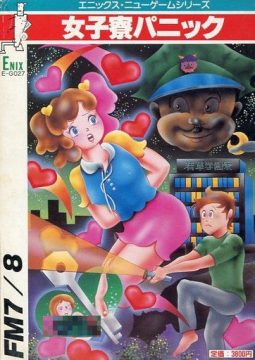
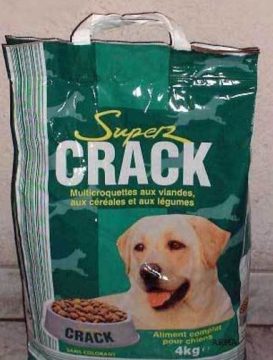
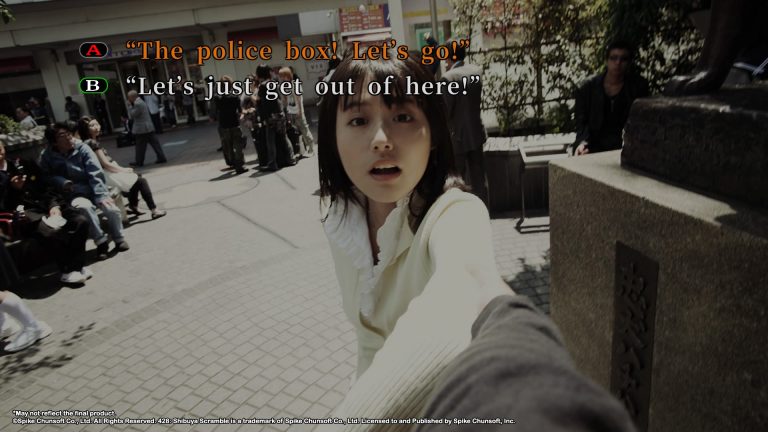
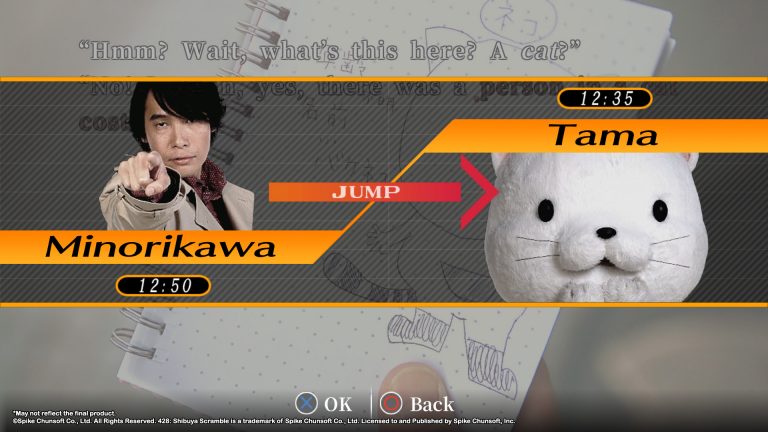
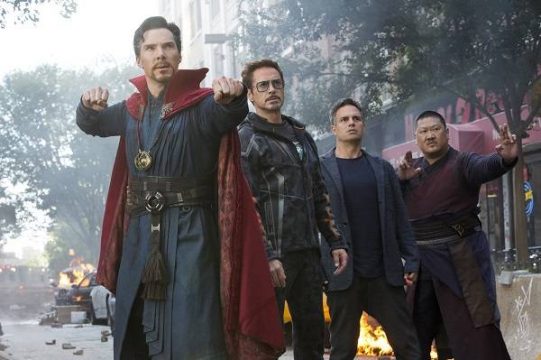
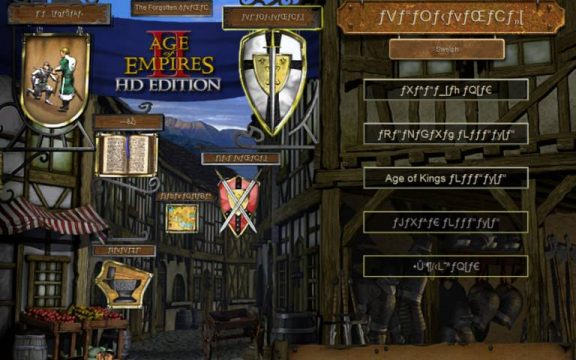
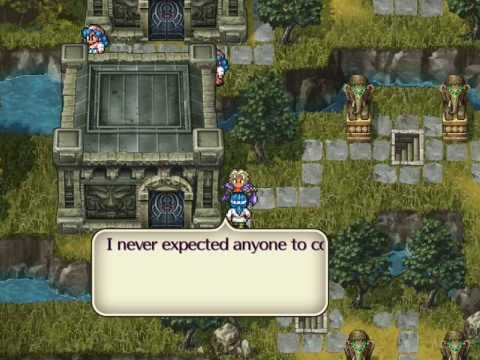
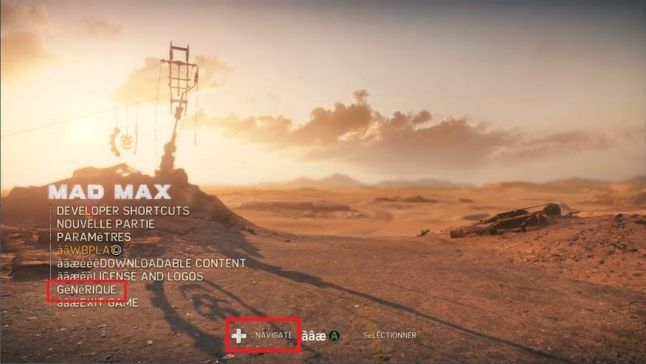
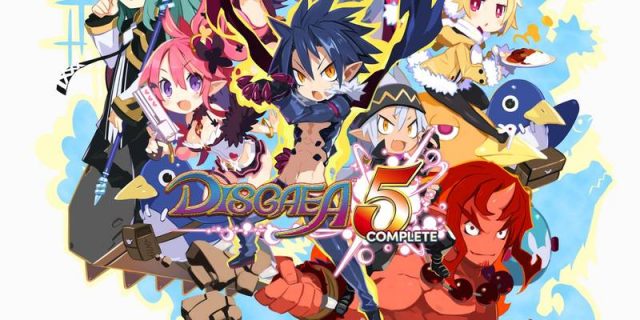
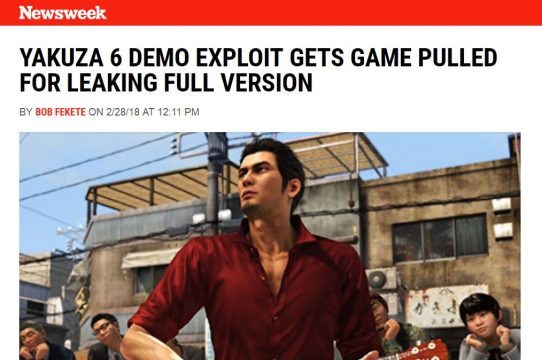
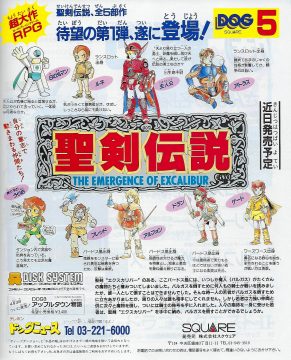
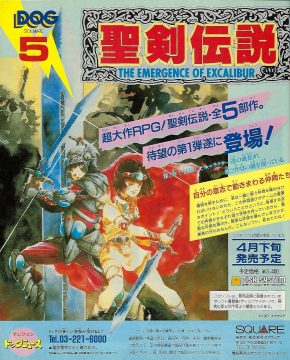
![press start to translate [Final Fantasy IV] press start to translate [Final Fantasy IV]](https://legendsoflocalization.com/wp-content/uploads/2019/08/bbenma.png)
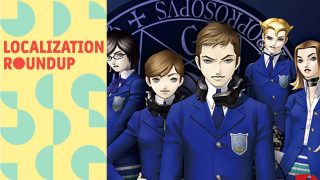
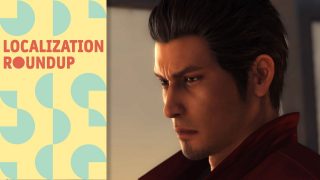
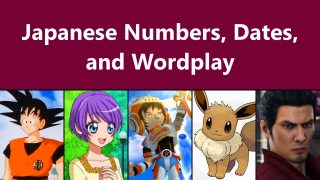
So the Japanese LotR fans started a petition to get the subtitle author changed? And it actually worked?
Now if only Square Enix would listen to us angry Dragon Quest fans who are actually aware of just how far-flung the localizations really are from the original Japnanese versions, so we could get a new localization team that actually “localized” the games instead of completely re-writing everything.
I sure hope not! To me, Dragon Quest has some of the best localizations in the industry.
You do realize the Japanese developers, including Yuji Horii himself, have fully approved of the modern localizations.
Source?
“all of Plus Alpha’s edits are done under supervision from Square Enix, and permission must be given by Yuji Horii himself before any change can be made official”
https://dragon-quest.org/wiki/Plus_Alpha#Controversy_of_Localization_Changes
Also noteworthy is the line about puns in the localizations: “Holders of this opinion are typically ignorant that the original Japanese scripts house several puns and jokes of their own”
Forgot this:
https://youtu.be/ePZhKQ6MpT4
A Japanese team member talks positively about the localizations in relation to the original Japanese versions. Most notable parts are at 2:33, 5:54, and 8:21.
2:33 is about the localization of the very first Dragon Quest game as “Dragon Warrior” for the NES, it has absolutely nothing to do with the present day localizations.
5:54 just talks about how Enix had trouble localizing games on their own, and once the Square Enix merger took place, they were able to release more “refined” localizations. But that’s not really praise for the localization, just that the process became easier/better.
8:21 is a lot more favorable to the new localization. And he’s right about the spell name changes. But when he gets to the dialects in DQIV, I don’t think he really grasps just how to the dialects really affect readability. I couldn’t make heads or tails about (excuse me, “aboot”) most of what the characters were saying. I don’t know if he’s even aware about the number of fans who have found the localizations very disappointing.
Dragon Quest already had an established localization as Dragon Warrior, and those of us who grew up playing that localization were devastated by many of the changes that they made. Not all of them, but many of them. If you want to know how us older DQ fans feel, I would suggest playing the Dragon Warrior games for the GameBoy Color and PSX, if you haven’t already.
“Dragon Quest already had an established localization as Dragon Warrior, and those of us who grew up playing that localization were devastated by many of the changes that they made.”
Dragon Quest’s ‘new’ localization style is 13 years old. It’s been used for seven mainline games, the mobile ports of I – III, and some spin-off titles. At this point, there’s more DQ in this style than not; it is, in fact, firmly established. At what point do you just let it go?
You say that “those of us who grew up playing that localization were devastated by many of the changes that they made”, but I’d contend that a sizeable portion of the DQ fanbase— if not a majority— *also* grew up playing the new style of localization, and would be upset if it were ditched. You make it sound like the DQ fandom is united in anger, but it isn’t.
“…but I’d contend that a sizeable portion of the DQ fanbase— if not a majority— *also* grew up playing the new style of localization, and would be upset if it were ditched.”
That is a fair point to make. If anything, I would like to see a new localization that compromised, one that combined the best of both the old and new localizations. I’m willing to compromise. But don’t be so insensitive to us “Dragon Warrior” fans, because ditching the localization that we had grown to love really did hurt.
“At what point do you just let it go?”
I can’t let it go, and I doubt I ever will. I hate the new localization that much. I’m sorry, but I just do. No more playing DQ in English for me.
In fairness, the localizations *have* been compromising — compare the recent releases to DQ8 on the Playstation 2 or the DS remake of DQ4, which are so thickly layered with garbage as to be nearly unreadable. The more recent translations are still sadly stuffed with Plus Alpha’s rubbish, but much less thoroughly.
For the record, even though i only started playing the games a year ago, I started off with the NES versions of 1-3, before moving on the the DS ports of 4-6. For one thing, the accents in 4 didn’t bug me that much just cuz they felt similar to the Elizabethan-style English in the NES version of 1.
Second, while i could see some peoples’ point about the accents being a bit too strong or unreadable in 4, the dialog in 5 and 6 was a lot more restrained; they still had accents of some sort, but it was a lot more subtle and refrained, making things a lot more easy to read and also a lot more relatable to how I personally feel real people actually talk without being a full-blown stereotype. Heck, I didn’t even realize some of the main characters even had accents until about halfway through the game.
Third, I have not played the GBC ports, and my quick research has said that the PS1 ports weren’t released in the US at all. But from what i’ve read online, i don’t think i want to play the GBC ports due to their localizations. I’m not very partial to the name “Loto”, and the names of towns just look like random jumbles of letters that i can’t even begin to figure out how to pronounce. I recently got Dragon Quest Builders on the Switch, and i was very glad that they (for the most part) went back to the names from the NES version. They just sound more natural for that kind of medieval European-style setting.
That’s good. I haven’t played through V DS and VI DS, but I have heard that they toned the accents down quite a bit. For DQVI though, they changed “Hassan” to “Carver” and “Barbara” to “Ashlynn.” I wish they didn’t do that.
Dragon Quest IV PSX was never localized, but there’s still Dragon Warrior VII and Torneko: The Last hope if you wanted to give them a try.
I would REALLY recommend playing the GBC games. They might not look that good, but once you play them, I think you’ll find that they’re actually very good ports. Their actually the games that got me into DQ in the first place. I don’t know why you would think that the town names are hard to pronounce, some of the names were changed from their NES versions, but many of them are still the same as their NES versions.
You should also give the Super Famicom games a whirl too, if you get that chance. They’re a blast.
“Loto” is simply a variation of “Roto”, which is Erdrick’s name in the Japanese versions.
Though, pleasingly, they went with “Erdrick” for DQ Builders. That got a thumbs-up from me, since, source material or no, “Loto” makes him sound like a goofball.
But that article doesn’t have any source references, either. And when it talks about permission from Yuji Horii before changes can become official, well, Mr. Horii doesn’t speak or read English fluently, I doubt he goes over the script scrupulously before giving his blessing. He’s probably just happy that DQ is getting localized at all, and thinks to himself, “Well, if that’s what Western fans want…”, and then gives the go ahead.
And yes, the Japanese versions do have jokes and puns of their own. We are not ignorant like the article suggests. But it’s the “type” of jokes and puns, as well as their placement in the Japanese text, where it differs quite a bit from the localized versions.
If you want to know more about the changes Plus Alpha made and how they feel about it, read this: http://www.dqshrine.com/pafeature02.htm
“And when it talks about permission from Yuji Horii before changes can become official, well, Mr. Horii doesn’t speak or read English fluently, I doubt he goes over the script scrupulously before giving his blessing. He’s probably just happy that DQ is getting localized at all, and thinks to himself, “Well, if that’s what Western fans want…”, and then gives the go ahead.”
Now you’re just dismissing it on what you *want* to be the case: that Horii is unaware, ignorant or even actively being mislead about the situation of the translation!
No, Horii isn’t fluent in English and isn’t giving a once-over to the English script; but the translators will discuss with him their general approach, and why they make the changes they do. And they do this *before* translation begins. Translators don’t make a habit of misleading their clients on the work they do— I mean, just think about how good that would be for business.
That Horii evidently gave his blessing, and that it continues to be used to this day, clearly indicates he’s A-OK with how his games are being presented in English.
“Now you’re just dismissing it on what you *want* to be the case: that Horii is unaware, ignorant or even actively being mislead about the situation of the translation!”
That’s not what I meant. Of course Mr. Horii is aware of the general direction that the localization has gone. What I’m trying to say is that, since he doesn’t speak English, he doesn’t truly understand the full effect of what the new localization has done.
I apologize if this is a presumptuous thing to ask, but are you British by chance? Or do you live in some other European country? If so, then the dialects are probably much easier for you to make sense of. But as an American who has no familiarity with such dialects, I really can’t make sense of what many of the characters are saying. How am I supposed to enjoy a game if I can’t even read the text? I don’t think that’s very fair to American audiences. And there are reviews of DQ games written by Americans who complain about the exact same thing. If I could change just one thing about the new localization, it would be the dialects. That is perhaps the biggest deal breaker for me.
I’m American and i recognized the accents just fine just from watching TV. For example, the first chapter of DQIV I just imagined everyone talking like Groundskeeper Wily.
I’m Canadian. I don’t know how that fits into your theory.
I’m sorry, but when I saw that your previous replies were posted around 1:30 am, I thought that maybe the reason why was because you were from Europe, and thus, were in a different time zone.
No worries. Insomnia’s a pain sometimes.
I know this is an old thread by now, but I just wanted to chime in and say that the accents frankly tickle me, and I’m an American. Just watch some Still Game, and yae’ll havenae problems reading Ragnar’s chapter. In fact, you might just laugh out loud.
I do watch a fair amount of UK TV, but with such good comedies, how can I resist?
The idea that you have to accept and be fine with changes, specific approaches to translation and whatnot just because the original creator approved is a very slippery slope you probably shouldn’t tread on. George Lucas approves of a good deal of changes that aren’t held in particularly high regard among Star Wars fans, are you saying they’re in the wrong to disagree with both the changes and Lucas’ judgment?
Disclaimer: I have not played any modern Dragon Quest game period and have no idea what changes are even being discussed here. I’m talking in general.
The thing is, they *don’t* completely rewrite everything. They’re certainly very liberal translations, but having played in both English and Japanese I feel it generally perfectly captures the spirit of the original Japanese. Beyond that, I feel like the dialogue is some of the most naturalistic I’ve found in any game, translated or not.
I’m sorry, but I just can’t understand how you could feel that way. They change the names of almost all the characters, monsters, towns, everything. And they throw in a bunch of foreign dialects that are so broken and convoluted, you can hardly understand what the characters are saying. The dialogue doesn’t feel natural at all. Yes, there are some parts of the localizations that I liked and even found clever, but for me, the bad far outweighs the good. Now I haven’t played all of the DQ games in English, so maybe some of the localizations are different than others. But as someone who has also played DQ games in Japanese, my experience has been the exact opposite of yours. In fact, I don’t even buy DQ games in English anymore because the localizations make me cringe so much. I’m sorry if that makes me sound like a psychotic purist, but I have to be honest about my feelings. And the DQ localization is a subject that I feel very, very strongly about.
The localizations for DQ add a lot of life to the dialog. You can complain about keeping it true to the original, but let’s face facts: the Japanese script for all DQ titles is cut and dry boring. Being a purist about bland and unremarkable dialog is just silly.
The Qt Linguist documentation advises making a Swedish Chef (“bork bork bork!”) “translation” of your application as something that makes it still possible for a monolingual English user to navigate the app while making untranslated text super obvious. It doesn’t handle all of the issues that can come up in localization but it definitely catches a lot of the easy mistakes.
That BoBoBo scan is one of the key reasons why i hate manga scanslations. Those things have some of the most garbage translation quality i’ve ever seen.
The only translation of the Fullmetal Alchemist prototype chapter I know of reads like it was translated on an early version of Google Translate.
When I first started getting into the Dragon Quest series a year ago, i did a ton of research into the franchise history through wikipedia and a few other sites. It was then that i found out about those adult games Enix made in their early years. The worst one, by far, was this one game from the “lolicon” genre. Thank God they stopped making those once Dragon Quest became a hit.
What a shame.
Yeah, apparently they were aware that those games were trashy, and made them primarily cuz they were a young, new company and they needed something that would sell well. It’s kinda like a film director having to shoot porn movies to pay the bills before they make it big.
Super thrilled that 428 is getting localized but bummed that I’m not the one doing it! That game is a treat.
Android has built-in support for generating pseudolocales and testing apps with pseudolocalization: https://developer.android.com/guide/topics/resources/pseudolocales
Only two pseudolocales are created, because Android has built-in font & rendering support for most languages, so testing for font rendering isn’t necessary.
People complained about the translation of the first Lord of the Rings movie in Norway too, so it ended up getting a new one for the home release. The original translation wasn’t “inaccurate” as much as using very… creative wording that just ended up looking ridiculous most of the time. The retranslation was much straighter
Re: Game demos coming out with the full game rather than just the demo-
This actually happens all the time and isn’t a new thing. Even very early demos of games before the the internet became prevalent were like this. It seems that a common tactic in making a demo is just.. ship the full game and put a code or some such in that cuts the game off at a specific point.
Then a ‘Game Genie’ or ‘Action Replay’ or what not code comes out that makes that moot. Or they forget the code, or make it super flimsy (like a single invisible wall you can clip around somehow else).
I’m not at all surprised to see two more games fall prey to this. I don’t understand why they don’t just release the full game in the case of Disgaea now, then release a fixed demo later; after all the window of time somebody who got the game for free by accident being willing to pay retroactively for it for any moral reasons is .. well vanishingly small. Missing a window of opening when people are hyped for something is.. or at least seems like.. a very bad idea.
But I’m not some game producer so I might be wrong, who knows?
Lord of the Rings translations are super interesting, since Tolkien was a philologist, and one of the conceits of the series is that it’s a ‘translation’ from Westron into English. So, for example, “Shelob” is translated in the other versions of LotR (e.g., it’s “Ella Laraña” in the Spanish version) because it’s actually she-lob, and ‘lob’ is an archiac word for spiders. (And ‘Shelob’ in turn is supposedly an English translation of the Elvish word.)
Here’s an article about the (bad) Swedish translation of the series, by the way, it’s pretty interesting: http://sswftapa.blogspot.in/2007/01/lord-of-errors-or-who-really-killed.html
The amusing thing is that this Swedish translation is done in the exact same manner as modern translations like Dragon Quest, Fire Emblem, Metal Gear Solid 2, etc. The translator had zero respect for Tolkien’s prose and writing style and “fixed” it by rewriting it in his own style. Tolkien did very much not approve of this.
That dog food bag is written in French so the first places I would look for the product are in France and Canada.
I wasn’t able to find it with a quick search but I found a page instead about selling products for hunt and…
https://www.sail.ca/fr/buck-expert-crack-plus-puissant-melange-anis-5-5kg-239101
I also found something else on a page about product design :
http://muscroy.com/art323/pet-proj-01.htm
I can confirm that it is French. Looking into the brand registration office, “SuperCrack” is a pair of brands deposed in France by the German supermarket chain Aldi and its French branch (in 2000 and 2015 respectively). The former sells pet food and the other, a bunch of pet-related products. That being said, I can’t find much online at all, only 2021-old offers on accessories.
In French, the expression “super crack” used to be fairly common to designate a champion, especially a racing horse (hence the connexion with pets). But not just: for example, in Back to the Future 2, when Marty plays Wild Gunman, he brags: “I’m a crackshot at this.” In the French dub, he says: “Je suis un super crack à ce jeu, moi.” But nowadays, “crack” refers to the drug more often than not… Maybe it led to the brand of pet food being discontinued?